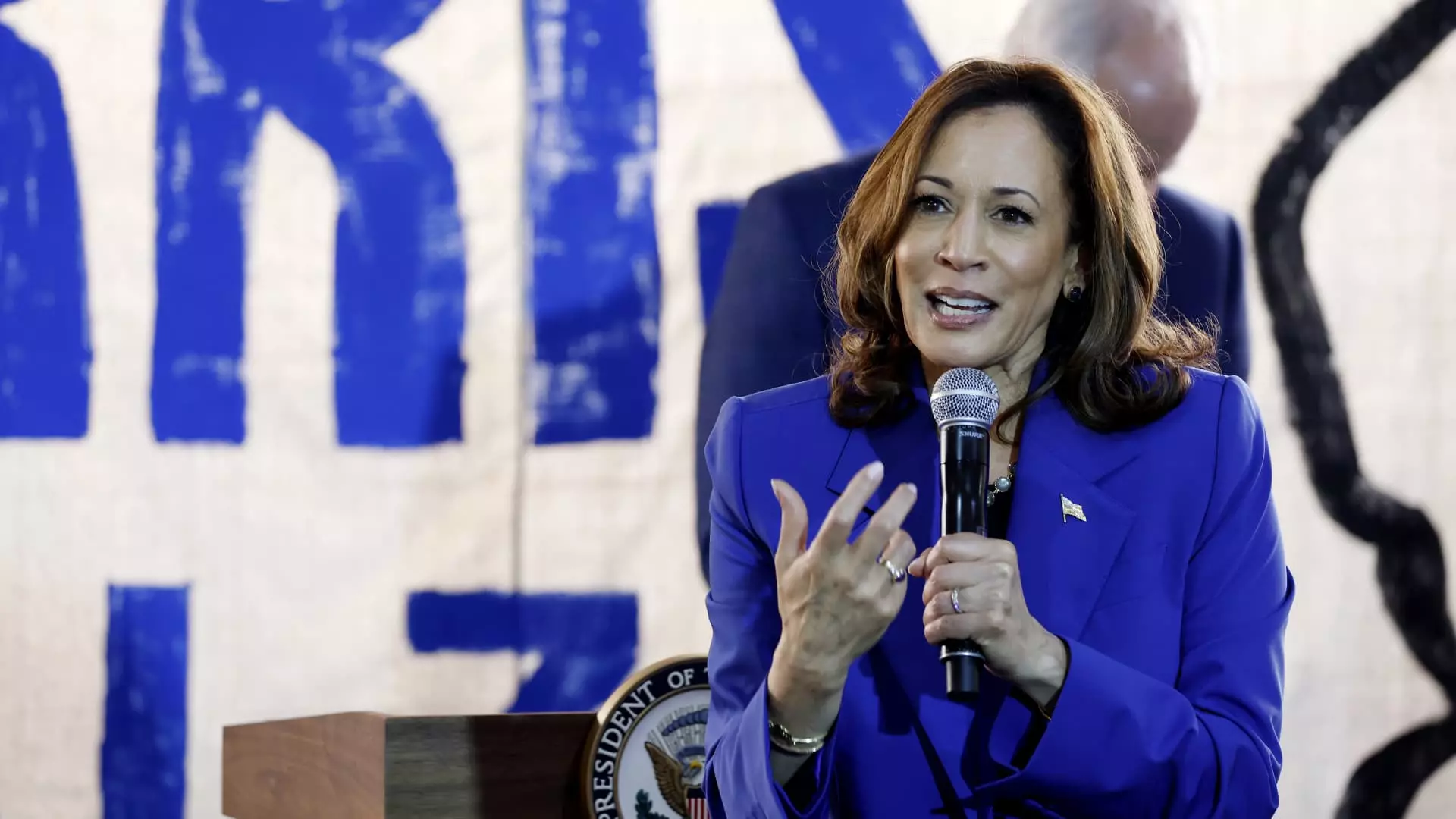Vice President Kamala Harris has recently proposed raising the corporate tax rate to 28% in order to generate revenue for her ambitious plans as president. This move is seen as a way to ensure that billionaires and big corporations contribute their fair share while also benefiting working people. The increase in the corporate tax rate is projected to raise hundreds of billions of dollars over a decade, according to the Congressional Budget Office. This proposal marks a departure from former President Donald Trump’s tax cuts in 2017, which lowered the corporate tax rate from 35% to 21%.
Harris’s campaign spokesman, James Singer, emphasized that her focus as President would be on creating an opportunity economy for the middle class, enhancing their economic security, stability, and dignity. This vision includes initiatives such as expanding the child tax credit and addressing the cost of housing and medical debt. While Harris has not provided a detailed cost estimate for her proposals, the corporate tax rate increase is intended to finance these costly ideas.
The proposal for a 28% corporate tax rate is expected to face opposition from Republicans, who are likely to object to such a significant increase. In order to pass this policy, Harris may need support from Democrats controlling the House and Senate. However, Harris could leverage negotiations with the GOP due to the expiration of various provisions in the Trump tax cuts by the end of 2025. This impending debate in Congress will shape the future of tax policy and economic recovery.
Notably, Harris’s proposal for a 28% corporate tax rate is lower than what she advocated for during her 2020 presidential campaign. At that time, Harris called for a complete repeal of Trump’s tax cuts, which would have restored the corporate tax rate to 35%. The shift to align with President Joe Biden’s budget proposal reflects a strategic approach to tax policy and economic recovery amidst the ongoing pandemic.
Looking ahead, the debate over tax policy and economic recovery is set to intensify in the coming years. President Trump has indicated his intention to further reduce taxes, including on businesses, if re-elected. Meanwhile, Democrats are poised to renew discussions on tax cuts and fiscal responsibility. Harris’s proposal for a 28% corporate tax rate sets the stage for complex negotiations and compromises to shape the future of economic policy in the United States.


Leave a Reply